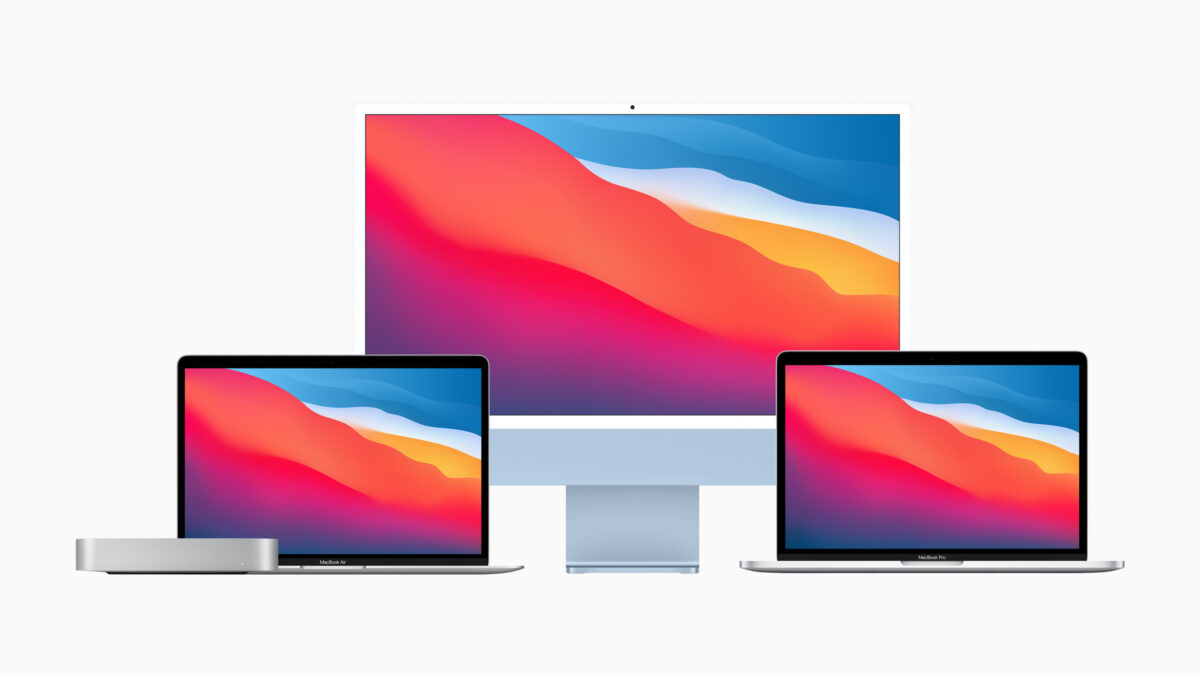Apple has been making headlines with its transition to Apple Silicon, and the gains the company has made in both performance and efficiency have been impressive. In a recent interview with the Independent, Doug Brooks, a member of Apple’s product marketing team, shed light on what motivated the transition, the current state of the Mac lineup, and more.

Apple’s impressive trajectory with Apple Silicon highlighted in new interview
During the interview, Brooks explained that Apple was motivated to transition to Apple Silicon because of the “incredible capabilities and performance” of its custom chips in the iPhone and iPad. As the company developed several generations of these devices, it gained a “tremendous belief on where that could take the Mac.”
Apple began its Apple Silicon transition in 2020 and has been impressed with the trajectory so far. Brooks noted that the company has worked “generation over generation” to gain more capabilities that have given Apple a “tremendous trajectory to believe Apple silicon could be transformative.”
One of the more interesting comments Brooks made was in response to a question about how the Apple Silicon transition might impact the performance of higher-end computers, such as the Mac Pro. Brooks was asked if there were any “disadvantages” to the higher-end Macs getting the “advantages of a mobile chip, in the form of extra efficiency, and more.” He responded, “I don’t think so. I think the Mac product line that we’re building today is the best we’ve ever had, right? And inherently, so much of that comes from the incredible performance and power efficiency that the Apple Silicon provides.”
![]()
Brooks added that the advantages of Apple Silicon build on the legacy that began with the iPhone and that the company is “extremely proud” of how well the transition has gone so far.
The Independent’s article also takes an inside look at Apple labs and offices in Munich. The company has been expanding its presence in Munich, which has become a hub for Apple’s custom silicon engineering. The article notes that the team in Munich has been working on “chip architectures, design, and verification, including system-on-a-chip (SoC) technology, graphics, video, and machine learning.”
Apple has been making significant strides in its Apple Silicon transition, and it is clear that the company sees this as a transformative moment for the Mac lineup. As Brooks noted, the advantages of Apple Silicon are not limited to efficiency and performance gains; they also build on the legacy of innovation that Apple has been known for since the introduction of the iPhone.